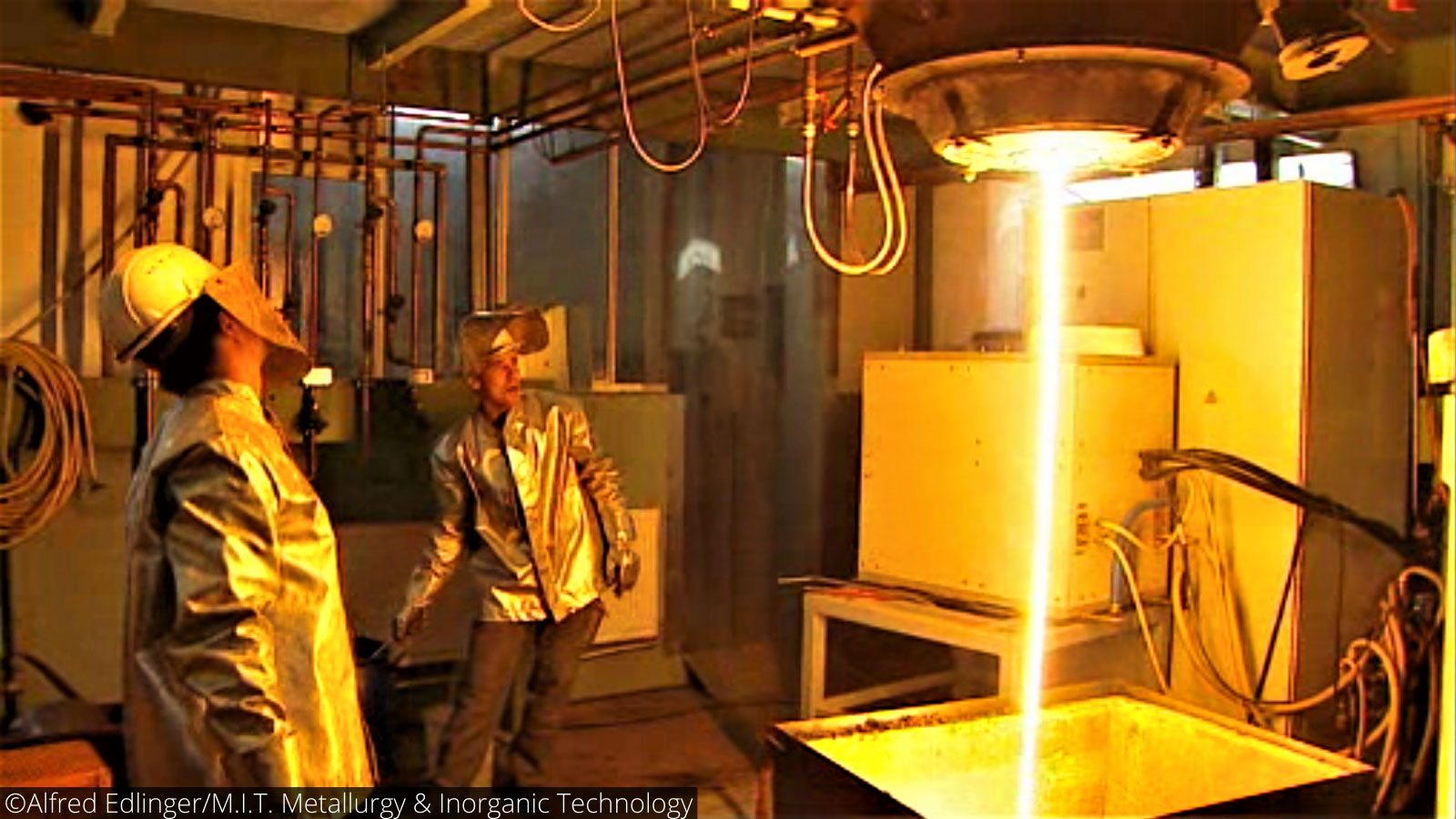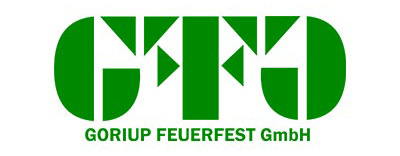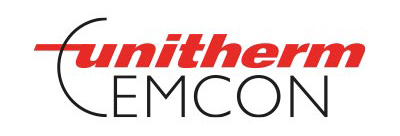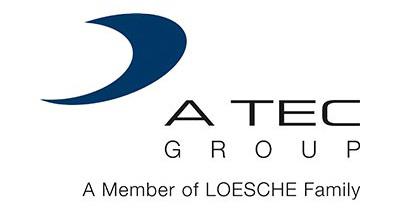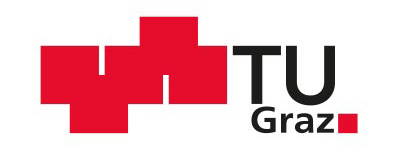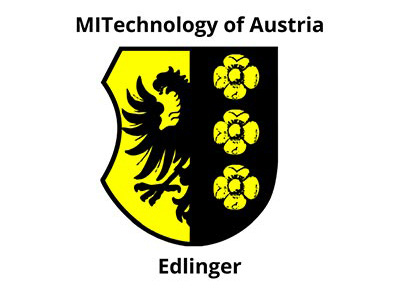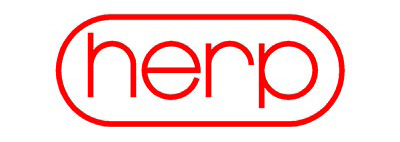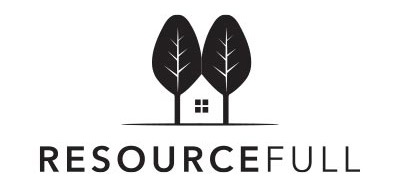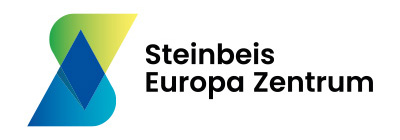EU awards funding for a €15 million industrial demonstration project on white phosphorus production through thermochemical recycling of sewage sludge.
The European Union is largely dependent on imports of white phosphorus (P4), a strategic raw material for the food and pharmaceutical industries. To tackle this challenge, the newly started four-year EU-funded project FlashPhos – led by the University of Stuttgart – will recover at a large scale high-quality white phosphorus and other raw materials using sewage sludge as input material. These raw materials have strategic applications for the European chemical, metal, and cement industry.
Bringing white phosphorus production back to Europe
Elemental white phosphorus (P4) is a strategic raw material with high criticality due to its irreplaceability for key industries, for example in the food and pharmaceutical sector. Currently, the European Union is almost completely dependent on white phosphorus imports from Kazakhstan, Vietnam and China. Yet, there are enough phosphorus reserves in Europe veiled in sewage sludge to cover the EU’s whole demand on white phosphorus plus up to 25% of the phosphate consumed in the EU for other applications.
Therefore, the aim of FlashPhos is to demonstrate at a large scale a thermochemical process to sustainably produce high-quality white phosphorus using sewage sludge as input material. FlashPhos will then be the first and unique technology in Europe producing white phosphorus for the chemical industry, providing at the same time a solution for the problematic sewage sludge disposal. It is expected that FlashPhos plants will be able to cover 50% of the European P4-demand by 2040. This will be possible by recycling 15% of the sludge currently generated in Europe in an economically and ecologically sound and climate-friendly circular economy process.
Converting sewage sludge into clean secondary raw materials and usable heat
The award-winning FlashPhos process is a high temperature fast reacting (flash) entrained flow gasification of sewage sludge and other secondary phosphate sources such as meat-and-bone meal. “All the output materials will be used in the European industry, some of them substituting critical or CO2-relevant raw materials” said Matthias Rapf, one of the two FlashPhos Project Coordinators from the University of Stuttgart.
The inorganic waste components are melted or evaporated and are then separated in a refiner reactor to produce recycled P4 as the main product. Other output materials of the process are a climate-friendly alternative cement raw material, an iron alloy and a heavy metal concentrate as valuable outputs for the metal industry. The organic components serve as fuel for the gasification, in which they are converted into heat and a combustible gas. This gas and excess heat can be used in cement plants to substitute fossil fuels. Consequently, several valuable raw materials will be generated by the innovative and cost-efficient FlashPhos process with practically no emissions or waste.
Market Introduction by 2028
During the four-year innovation action, the industrial FlashPhos process will be demonstrated in a pilot plant with up to 400 kg/h sewage sludge throughput. “This will enable us to build the first full-scale FlashPhos pilot plant in Europe by 2025 and to start industrial scale white phosphorus production together with an industrial consortium” added Carlos Galeano, Beyond Innovation Project Director at Italmatch, Europe’s leading white phosphorus consumer and main exploitation partner in the FlashPhos project.

